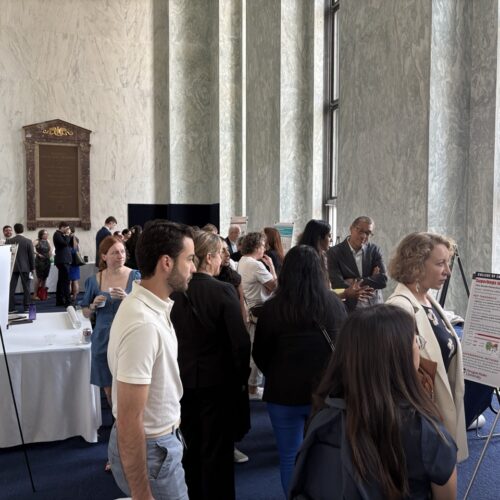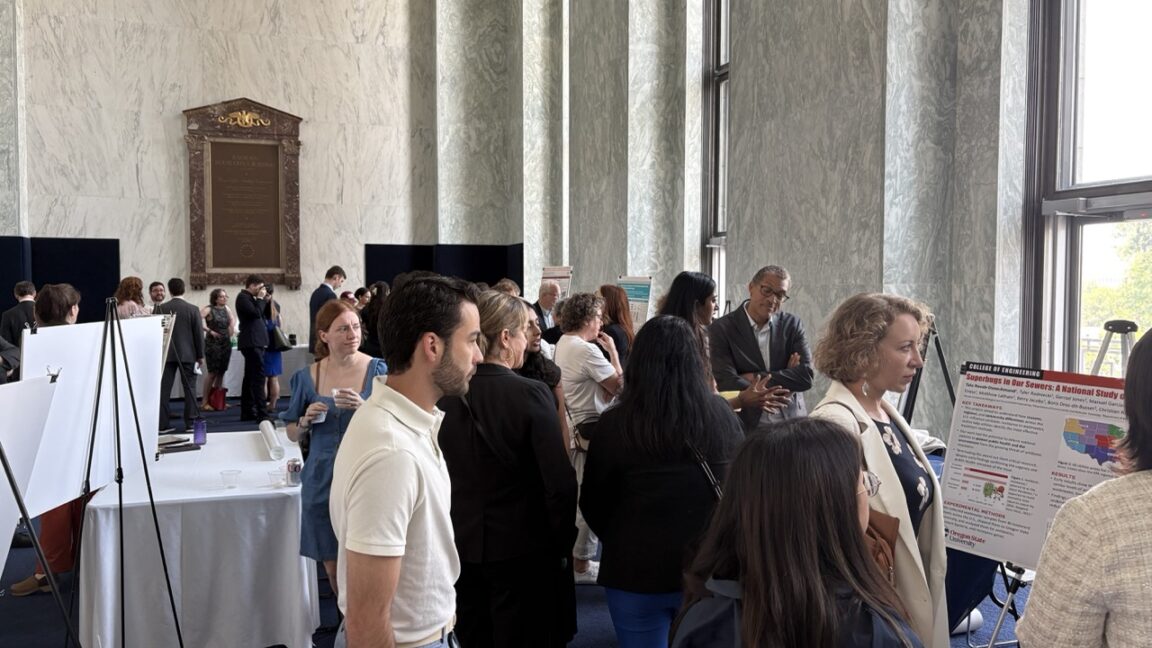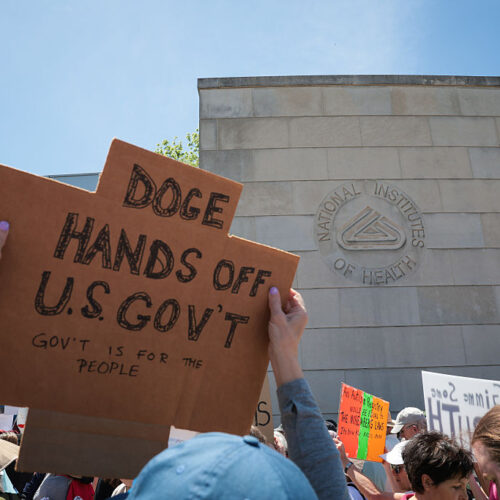“Things we’ll never know” science fair highlights US’s canceled research
Washington, DC—From a distance, the gathering looked like a standard poster session at an academic conference, with researchers standing next to large displays of the work they were doing. Except in this case, it was taking place in the Rayburn House Office Building on Capitol Hill, and the researchers were describing work that they weren’t doing. Called "The things we’ll never know," the event was meant to highlight the work of researchers whose grants had been canceled by the Trump administration.
A lot of court cases have been dealing with these cancellations as a group, highlighting the lack of scientific—or seemingly rational—input into the decisions to cut funding for entire categories of research. Here, there was a much tighter focus on the individual pieces of research that had become casualties in that larger fight.
Seeing even a small sampling of the individual grants that have been terminated provides a much better perspective on the sort of damage that is being done to the US public by these cuts and the utter mindlessness of the process that's causing that damage.


© John Timmer

